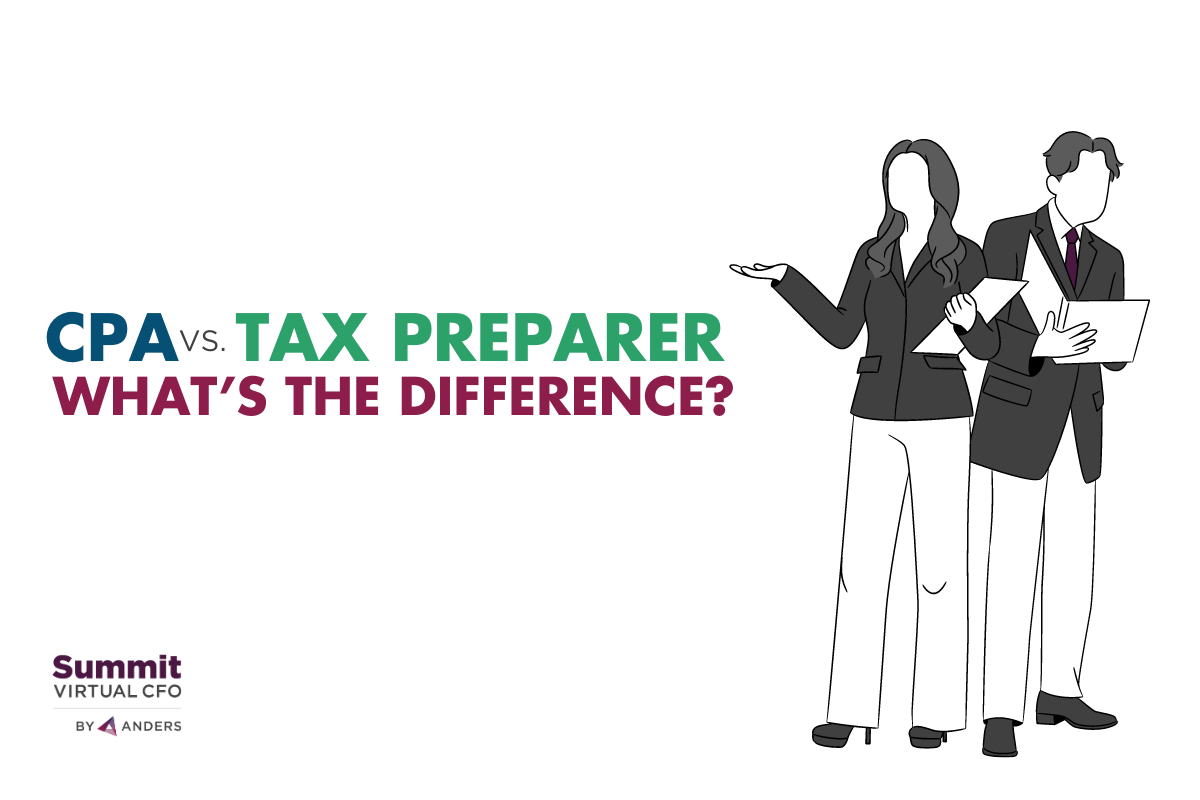After the Supreme Court ruling upholding the recent Health Care act, everybody is required to buy health insurance. Or are they?
People who earn less than $9,500 are exempt from the requirement; above those income levels, you would have to pay a tax that depends on your income level. There is a phase-in of rates from 2014 through 2016, but just looking at the 2016 rates, any person with taxable  income between $9,500 and $37,000 would have to pay $695 in additional taxes to the IRS.
income between $9,500 and $37,000 would have to pay $695 in additional taxes to the IRS.
At higher incomes, the uninsured person would pay 2.5% of taxable income above that $9,500 threshold, meaning somebody with $100,000 of taxable income would have to pay $2,250 in additional taxes, while a taxpayer with $200,000 of AGI would have to pay $4,700 on top of normal tax amounts. Beyond that, the tax would equal the cost of a "bronze" health insurance plan at your state exchange--estimated by the Congressional Budget Office to cost between $4,500 to $5,000 per person, or $12,000 to $12,500 per family.
In other words, the tax equals the cost of health insurance for persons who earn more than $200,000, and is somewhat less costly than the health coverage would be for persons with lower incomes. As a result, we may see taxpayers simply decide to pay the tax rather than buy the (more expensive) coverage.
For assistance with your tax planning and other financial needs contact our office at (260) 497-9761 to schedule an appointment with our tax advisors.
.png?width=120&height=77&name=Summit-Virtual-CFO_color_rgb%20(1).png)













